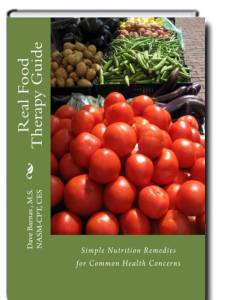Deep within, many of us have big goals about what we really wish to experience, achieve, or realize. But, often times, we lose motivation to keep moving forward towards those goals.
Whether it’s improving our health, getting a promotion at work, losing weight, or better relationships, BIG and FAR REACHING goals can be overwhelming.
So How Can We Move Mountains?
The secret is to have small wins – mini day to day victories.
No matter what it is, if something goes well or you were successful with something you’re working on, it is a SMALL WIN!
It’s important to record SMALL WINs for several reasons.
1. If you write it down, you are solidifying your progress.
2. Our brains record all of our experiences, whether we are aware of it or not, and the more often our brains record positive experiences, the more momentum and motivation we have.
3. Any moment you acknowledge a SMALL WIN is a SMALL WIN itself.
So don’t worry about HUGE ACCOMPLISHMENTS, instead rejoice in the SMALL WINS of everyday life. The SMALL WINS are the secret to moving mountains.




